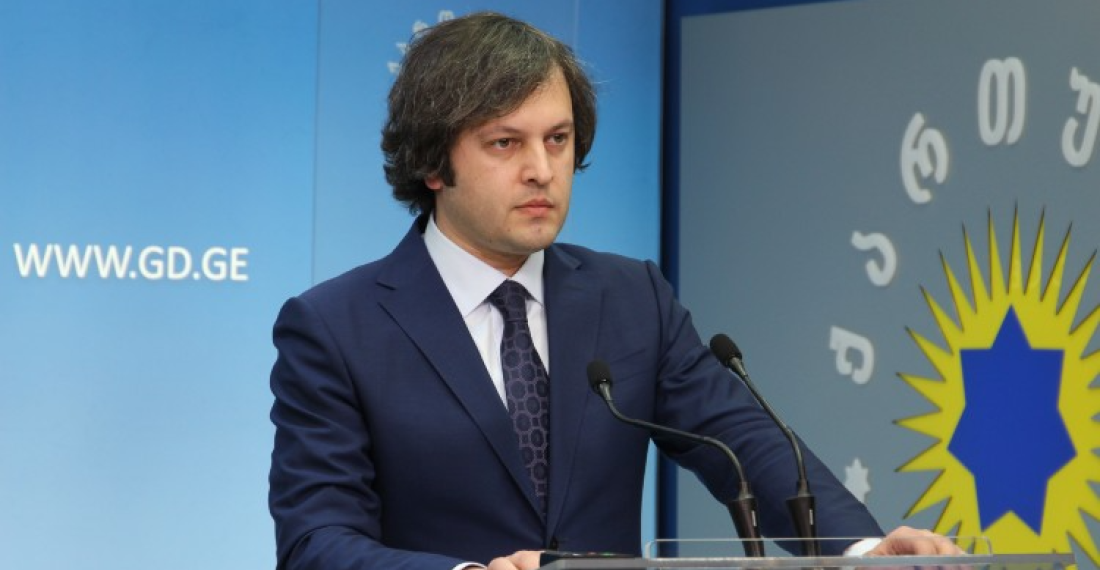On Wednesday (15 February) the European Parliament adopted a resolution by a vote of 577 MEPs to 33 calling for on Georgian government to release the imprisoned ex-President Mikheil Saakashvili and to allow him to receive medical treatment abroad.
The resolution expresses MEPs' "grave concern about the deteriorating health of former President Mikheil Saakashvili and the inadequate response by the Georgian authorities so far", saying that Saakashvili's case is a "litmus test of the Georgian government’s commitment to European values and its declared European aspirations, including EU candidate status".
The resolution also calls on the Georgian authorities to "release former President Mikheil Saakashvili and allow him to receive proper medical treatment abroad on humanitarian grounds and as a way of reducing political polarization", also saying that were the former President to die in custody, it would be a "blow to Georgian democracy and to Georgia’s international reputation".
"Absurd provisions" vs. "personal vendettas": Georgian politicians' reactions split down party lines
In the highly polarised environment of Georgian politics, it is unsurprising that the reaction of Georgian politicians to the European Parliament's resolution was similarly polarised. Government politicians criticised the resolution - and the European Parliament - in the strongest possible terms, while opposition politicians accused the ruling party of enacting a "personal vendetta" on Saakashvili.
The chairman of the Georgian Dream, Irakli Kobakhidze called the resolution's provisions "absurd" and compared the European Parliament to the Supreme Council of the Soviet Union. Shalva Papuashvili, the Speaker of the Georgian Parliament, said that European Parliament resolutions have become "a source of disinformation and attacks against Georgia"; and Georgian Dream politician Archil Talakvadze said that the resolution was "politically motivated", and "direct pressure on the government".
Meanwhile, Levan Khabeishvili, the chairman of Saakashvili's former party the United National Movement, said that the resolution "makes it clear that [Georgian Dream founder] Bidzina Ivanishvili is carrying out a personal vendetta against Mikheil Saakashvili". Badri Japaridze, from the "Lelo for Georgia" party, said that Saakashvili's imprisonment was "particularly damaging for our country at this historical moment, when the issue of granting the EU candidate status to Georgia should be resolved in a few months".
Pro-EU sentiment remains strong in Georgia
Following Ukraine's application for EU membership in the early days of Russia's full scale invasion, Georgia also submitted an application in March 2022 but, unlike Ukraine and Moldova, was not granted candidate status. Georgian opinion polls suggest that the country is overwhelmingly in favour of joining the EU, with an NDI poll released on 2 February 2023 suggesting that 81% of Georgians support their country joining the EU.







